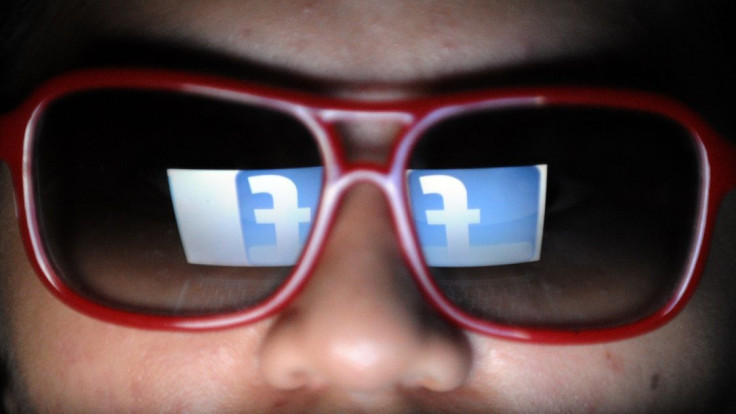Facebook Real-Name Policy Targeted By Police Officers And Their Families, Citing Safety Concerns

Call it the great Facebook copout of 2015. Some police officers and their families are joining the ranks of social media dwellers -- including unlikely allies like San Francisco drag queens -- who want Facebook Inc. to revise its real-name policy and let them use pseudonyms or initials instead of their authentic identities.
The officers are citing safety concerns, particularly for law enforcement personnel who suddenly find themselves thrust into the public eye by a high-profile encounter or viral video.
An online petition, launched by a Change.org user called “D-Cee De Jure,” said police and their families are often the target of stalking, harassment and death threats after high-profile incidents like shootings. They say being forced to use their legal names makes them vulnerable. The petition attracted more than 1,000 signatures in a matter of hours:
“Law enforcement officers are on Facebook to keep in touch with family and friends, just as Facebook intended. However, many officers and/or their families are not interested in being ‘found’ by people that want to hurt us. We should be allowed to use Facebook without putting ourselves and our families in danger. Using our real names can potentially cost us our safety and possibly even our lives.”
With more than a billion users, Facebook grew into the world’s largest social network in part by requiring users to go by their real names, a guideline that set it apart from many of its competitors. But critics say the policy is both unfair and haphazardly enforced.
The issue gained wide attention last year after a group of drag queens found their accounts, under their performance monikers, suspended. Chris Cox, Facebook’s chief product officer, apologized in October, admitting the policy had room for improvement, but many say little has improved since then. Protesters voiced their objections at last month’s Gay Pride Parade in San Francisco, chanting “Shame on Facebook,” which is based in nearby Silicon Valley, and spreading awareness of the issue with the hashtag #MyNameIs.
The policy has also been criticized by some Native Americans who say they are being asked to provide identification to verify their identities because their names are being flagged as fake.
A Facebook representative did not immediately respond to a request for comment. The company has long defended the policy as a way of making users more accountable, and allowing the social network to “root out accounts created for malicious purposes, like harassment, fraud, impersonation and hate speech.” The site does not require legal names but rather the “authentic identities” people use in their offline lives.
The police-focused petition said officers identified by the media often have to delete their accounts entirely in the face of widespread mob-style harassment, which frequently unfurls after a police incident goes viral. The petition places part of the blame on anti-police sentiment it says is promoted by news organizations.
“We are being targeted because the media portrays ALL officers as being bad, dirty, crooked, etc. However, we are not all the same,” the petition says. “Whether you ‘like’ the police or not, no one deserves to be targeted due to their chosen profession.”
Read the full petition here.
Christopher Zara is a senior writer who covers media and culture. News tips? Email me. Follow me on Twitter @christopherzara.
© Copyright IBTimes 2024. All rights reserved.






















